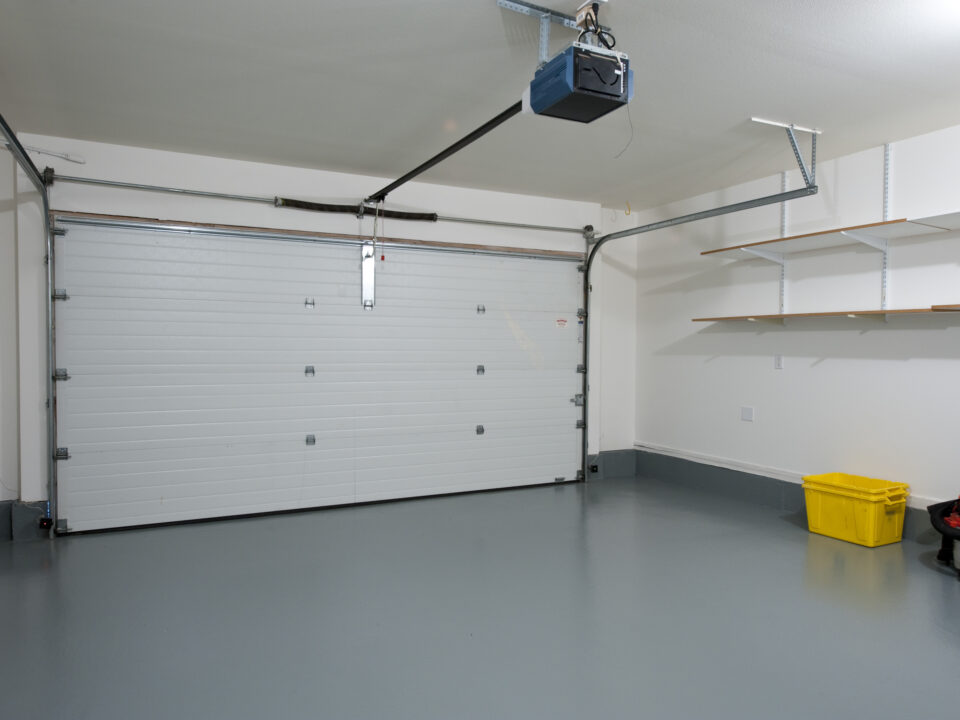
10 Things You Must Do Before Buying a Home
Buying a home is a time-consuming and emotional project. However, we’ve come up with a list that we think can help anybody. Simply put, here are 10 things you need to do before buying a home:
- Long term goals before buying a home
- An established line of credit and high credit score
- You pricing range and being pre-approved
- Make a must-have list
- Research your market and area
- Research realtors and choose one
- Hire a house inspector
- Look at PMI
- Understand the closing costs on a home
- Be willing to walk away
Long term goals for buying a home
One of the first things to nail down before buying a home is understanding your goals. It is recommended that you stay in a home for at least 5 to 7 years so you can build equity in your home. You need to think about where your career is taking you, whether or not you want to have children, and how you can turn this into a financial benefit. Don’t buy a home just because you want to try and flip it or think that you can make a quick profit. For most home buyers this is the largest purchase they will ever make. You need to heavily weigh the consequences. Is this your dream home? Or is this just a starter home? If this is a starter home then you need to make sure that your property value will grow and you can get the most bang for your buck. Thinking about this beforehand will set you up for success when buying a home.
An established line of credit and high credit score
So you’ve likely heard a lot about your credit score, but what exactly does it determine? A higher credit score is going to save you thousands of dollars on the loan you take out for your home. The higher the credit score the less you’ll have to pay a high interest rate on your home. A lower credit score means you will likely pay more interest over time on your own. That is the general rule of thumb, although you may find a better deal even with a low credit score if you qualify for some factors. Mortgage lenders vary wildly on the types of loans they can service. If you haven’t already, take a look at your credit score and how to improve it. If you have a low credit score one of the ways to improve your chances with a loan is to save up a larger down payment. This can give you leverage on choosing the right loan for you.
Even if you do save up a large down payment, it is still in your best interest to raise your credit score. Improve your credit score to save money and have more options available to you in the home buying process.
Your price range and being pre-approved
Determining your price range when buying a home can be done online using a mortgage calculator, or through a mortgage lender. We recommend using the online tool as a general possibility of what you can afford. Consulting with a mortgage lender will give you the best view of what you can actually afford. Now, you’ll need to be pre-approved for the type of loan you want. You’ll have to verify things like work history, bank statements, and credit history. This makes it easier for you to purchase a home and for you to know the limits of your budget.
Speaking of budget, you don’t want to go over the top of your budget. Putting up too much money in your home can leave you house broke, which means you are living paycheck to paycheck just to live in your home. Look at your home as a way to build financial wealth, even if it is your “forever home.” You never know when a disaster may strike or you are laid off from work.
A must-have list
Probably the best part, other than touring homes, is writing down what you must have in your home. You’ll want to start off with a large list of items you want in your home. Then, start cutting your list until you have a bonafide list of absolute must-haves. This makes the process simple for your realtor, and for you. If a house doesn’t have some of these items you can automatically mark them off your list.
Research your market and area
Ideally, you want to choose a house in a location that has rising property values. This is because your investment in your home will eventually start to build equity and become more valuable than what you paid for. It’s important that you research your market and property values where you plan on living, especially if you plan on having children in the near future. School zones can determine where your child can go to school and where they can not.
Although it’s good to look at buying a home from a money position, It’s also prudent to consider the practicality of where your home is located. Is it easy to get to? Is there a lot of foot traffic? Are emergency services close by? Will it make it easier to get to work?
Research realtors and choose one
The home buying process can be harrowing if you have never done it before. Instead of going on this adventure alone, hire an expert who has been here before. They can help you get the best home with your must-haves in mind. A licensed realtor will know your area intimately and can help you secure a home quicker and easier. Do your research though, and don’t be afraid to walk away from someone you feel uncomfortable with.
Hire a house inspector
If you have already selected a realtor and found a possible home you’ll need to hire a house inspector. They will check for foundational problems or other possible issues needing repair when buying a home. Although a house may look like a “perfect home”, that isn’t always the case. Hidden between walls and on the roof can be unknown problems that can cost you thousands of dollars. Protect yourself by hiring a house inspector.
Look at PMI
PMI (or private mortgage insurance) Is usually tacked on for those putting down less than 20% of the home’s value. PMI is used to protect the banks should you foreclose on your home. Although it may only be a little extra added to your payment each month, over the course of 30 years it can lead to several thousands of dollars. Contact your mortgage lender to look at options for PMI and if there is anyway to negate it on your loan or lower your payment.
Understand the closing costs on your home
You may have a large down payment, but it may not cover all the closing costs which can range from 2-5%. This can include different types of fees and taxes. Account for this in your budget when buying a home.
Be willing to walk away
Lastly, It can be hard to say no when you found yourself falling in love with a home, only for the homeowners to negotiate a higher price. You have to be willing to walk away if it’s a home that doesn’t meet your needs. Don’t let anyone pressure you into buying a home when it feels wrong. This is one of the most important decisions of your life, so make sure it’s the right choice.
Are you looking to buy a home? MWT Realty Group has the realtors to help you get your dream home! Partner with a professional that will help you find a home that will fit your needs. Contact us today and find that house you have been dreaming about!




